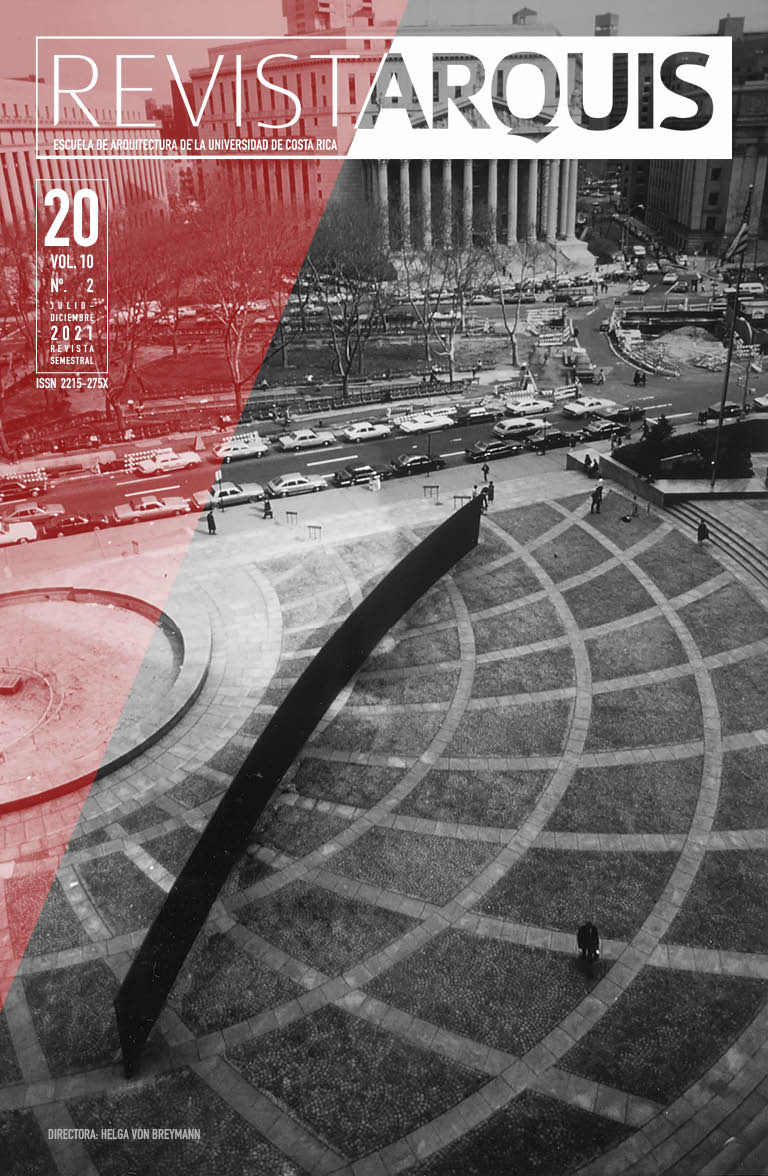Abstract
The intense urbanization of western cities has caused social fragmentation and reverberated in the
association of urban spaces with risk, especially for children, treated as dependent and vulnerable. Based on Historical-Cultural Psychology and Environmental Psychology, we analyzed the child-city relationship, considering the city organization and the appropriation of urban spaces by children. The research was conducted in a mediumsized inland city of the State of São Paulo/Brazil, including procedures for analysis at different scales: macro (characterization of the municipality by document analysis); medium (environmental look at a suburb region, recorded in a field diary); micro (interviews and workshop with seven children aged 8-11 years). The results showed that children occupy public spaces, characterized by structures attractive to them. The suburb had leisure/culture infrastructure used by children daily, showing that serving children with diversified public policies and social projects promotes greater participatory experiences in the city. The appropriation processes were mediated by the desire for fun/leisure among peers and by the expressions (body/voice) to show themselves present and to
experience limits/possibilities of occupying them. Experiencing the city with peers meant being among equals and feeling greater autonomy for participation in urban spaces. Childhood policies from this perspective in urban planning promote an understanding of public spaces beyond the idea of risk/vulnerability to childhood. Further research is needed to deepen the analysis between the categories of the appropriation processes interpreted in this investigation.

